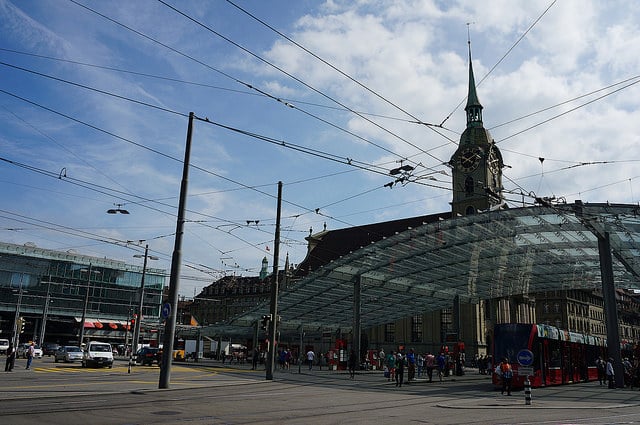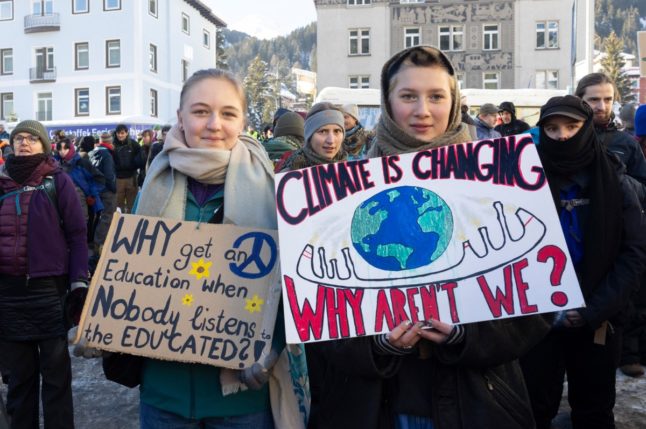Right now: Riots erupt in Bern, Switzerland, after the eviction of a squatted house. pic.twitter.com/7YpLSwmDFZ
— Fabian Eberhard (@FabianEberhard) February 25, 2017
Tränengas, Wasserwerfer und Gummischrot in #Bern : Erneut #Krawall vor der #Reitschule. ^sw pic.twitter.com/WUPWxlJOVb
— SRF News (@srfnews) February 26, 2017



 Please whitelist us to continue reading.
Please whitelist us to continue reading.
Member comments